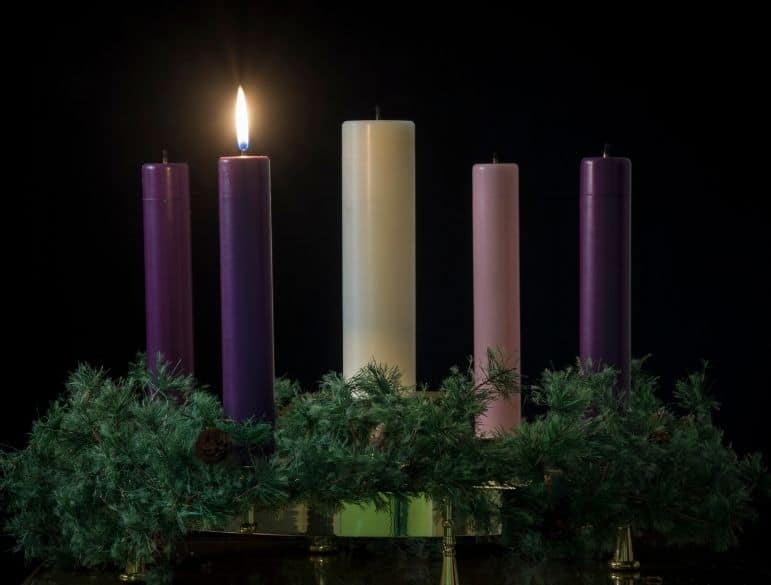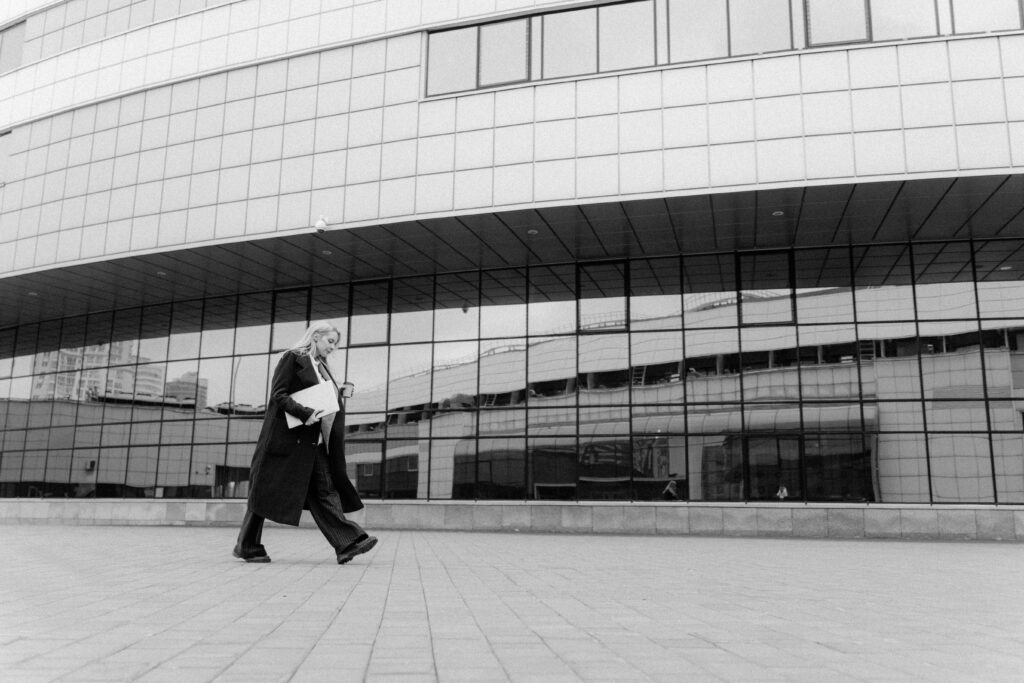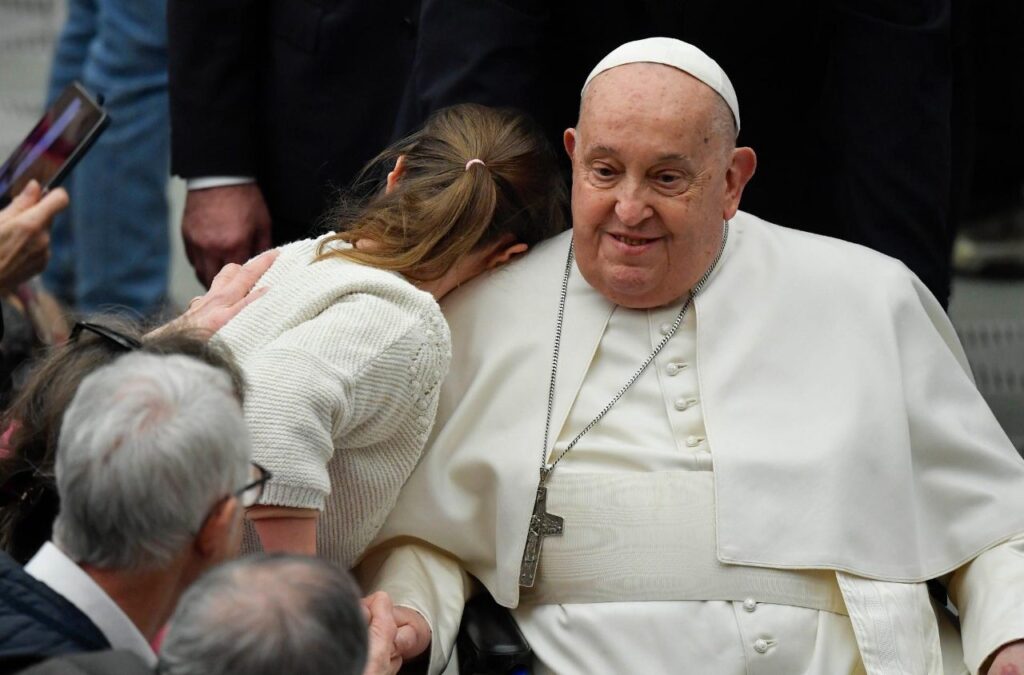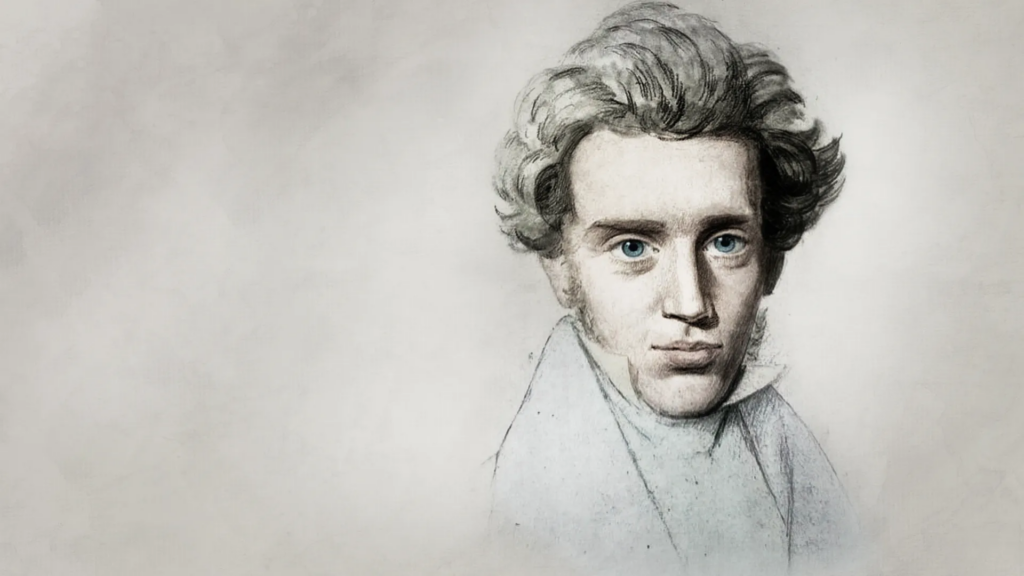Theology for Millennials: The Importance of Advent
The Church Lives in a Continuous Advent

Today, Monday, November 29, 2021, Mexican Father Mario Arroyo Martinez shares with Exaudi’s readers his weekly article in “Theology for Millennials,” entitled “The Importance of Advent,” in which he reflects on the question “Why is Advent so important in the life of the Church?”
* * *
Why is Advent so important in the life of the Church? We can almost say that the Church lives a continuous Advent, in the constant expectation of Christ’s coming to the world. We say, perhaps, without realizing it very much every time we pray the Our Father: “Thy Kingdom come.” In the Holy Mass also, different prayers put us in the expectation of Christ’s Second Coming.
In reality, Advent leads us to look, simultaneously, ahead and back. In the first three weeks of Advent we look ahead, we long, so to speak, for Jesus Christ’s Second Coming, when the time is consummated and He comes to put order in this convulsed world. On December 16 we begin the Christmas Novena, when we look back, recalling and preparing ourselves to commemorate Jesus’ First Coming. The synthesis of his alternative gaze, to the past and to the future, bears fruit in the present, in the time of Advent when we are invited to accentuate our life of prayer and increase our works of mercy. The look to the past and to the future enables us to transform the present, making it fruitful and profound at the same time.
The Church is Christo-centric, and Advent makes her look at Christ in two different facets: in the humility of His First Coming, and in the glory of His Second Coming. However, Saint Bernard tells us about a Third Coming, hidden, in the heart of each Christian in the present, namely, while they make an effort to live Advent well. However, the sense of the Church is to present Jesus and prepare the Kingdom of Christ, in the words of the last Council, to be seed and beginning, sign and instrument of Christ’s reign. In this connection, the Church has an “Advent” character, of anxious and active expectation of that Second Coming.
Hence the time of Advent is, par excellence, the time of hope, and has the Virgin Mary as model or essential reference point; She whom we contemplate in the state of good hope, namely, pregnant and with the joyous expectation of Her Son’s birth. Mary is model of hope; the content of hope is Christ. Perhaps our time is characterized by the need for genuine hope. The problems, the crises, the pandemic, the failure of the political utopias have snatched our hope. The many sorrows and failures have undermined humanity’s hope. We have many little hopes, which help us to face the nonsense of existence, but we are lacking the great Hope, with a capital “h”, which gives meaning to this world and our life.
Hence Advent is then the time of waiting, but not passive. The alternative look to the past and the future finds a creative synthesis in the present time. It’s in the “now” that we are invited to live Advent intensely. How can we do it? It’s a spiritual cocktail that has three ingredients: prayer, penance, and works of mercy. Prayer to help us focus our gaze on Jesus and to place all our hope in Him; penance to help us be detached from material goods, to be sober in their use and enjoyment, to be able to raise our gaze to Heaven; works of mercy that lead us to come out of ourselves to encounter the needy and the suffering, thus signing the authentic piety, which is not merely intimate, but opens as a fan and bears fruits in the surroundings.
The wisdom of popular piety offers us a powerful element to live Advent well, which it’s worthwhile to rescue, in the “Advent Wreath.” Sometimes we are in too great a hurry to set up the Christmas tree, and we forget the Advent wreath. In it, patiently, we light the candles week by week, to the rhythm of our prayers and works of mercy. Hopefully, the Advent wreath, together with the Crib won’t be lacking in any Christian home, to remind us that we are in the time of waiting, and live its spiritual dimension, so often threatened by consumerism in Christmas purchases. Advent is a time to look within and ahead, while we make an effort to live soberly and charitably with our neighbor.
Translation by Virginia M. Forrester
Related

Reversing Social Deterioration: A Task That Begins in Business Management
Alejandro Fontana
25 April, 2025
4 min

The Revolution of Tenderness
María Elizabeth de los Ríos
25 April, 2025
3 min

His Hope Does Not Die!
Mario J. Paredes
24 April, 2025
6 min

The Religious Writer with a Fighting Heart
Francisco Bobadilla
24 April, 2025
4 min
 (EN)
(EN)
 (ES)
(ES)
 (IT)
(IT)

